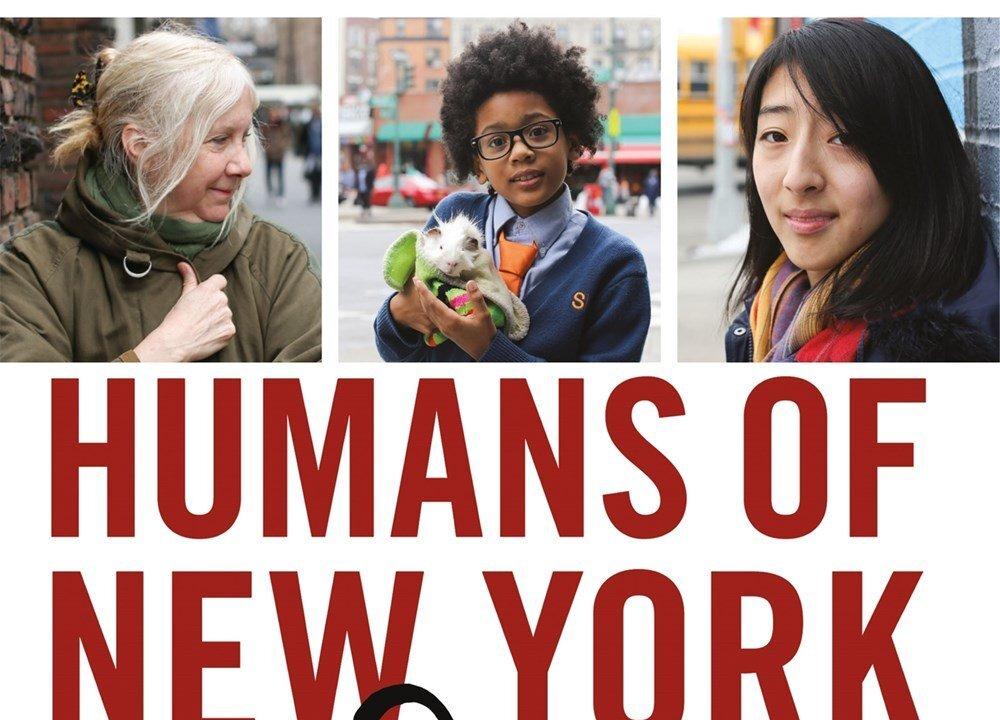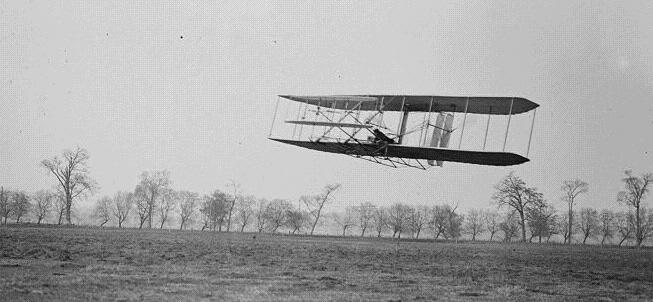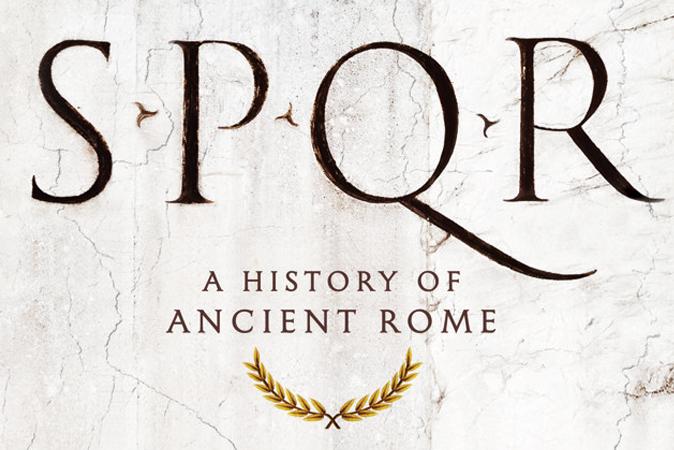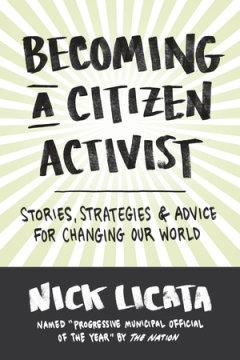David Brooks is an exceptional host who makes sure that his party has a grand purpose: discovering what makes great people lead great lives. In attendance are some of the greatest minds in Western culture, and he introduces each one to his audience, ensuring that we are well acquainted by the end of the night.
Brooks challenges his guests not to talk about the weather or the latest celebrity news, but rather to ask questions like “What does life want from me?” and “What are my circumstances calling me to do?”
In “The Road to Character,” readers learn what a vocation is and how it ought to be centered on a great purpose. In our modern day, we measure success as if we were checking goals off a personal list: Did I land my dream job? Is my house large enough for me to be proud of? Did I marry someone who will help me achieve my goals?







